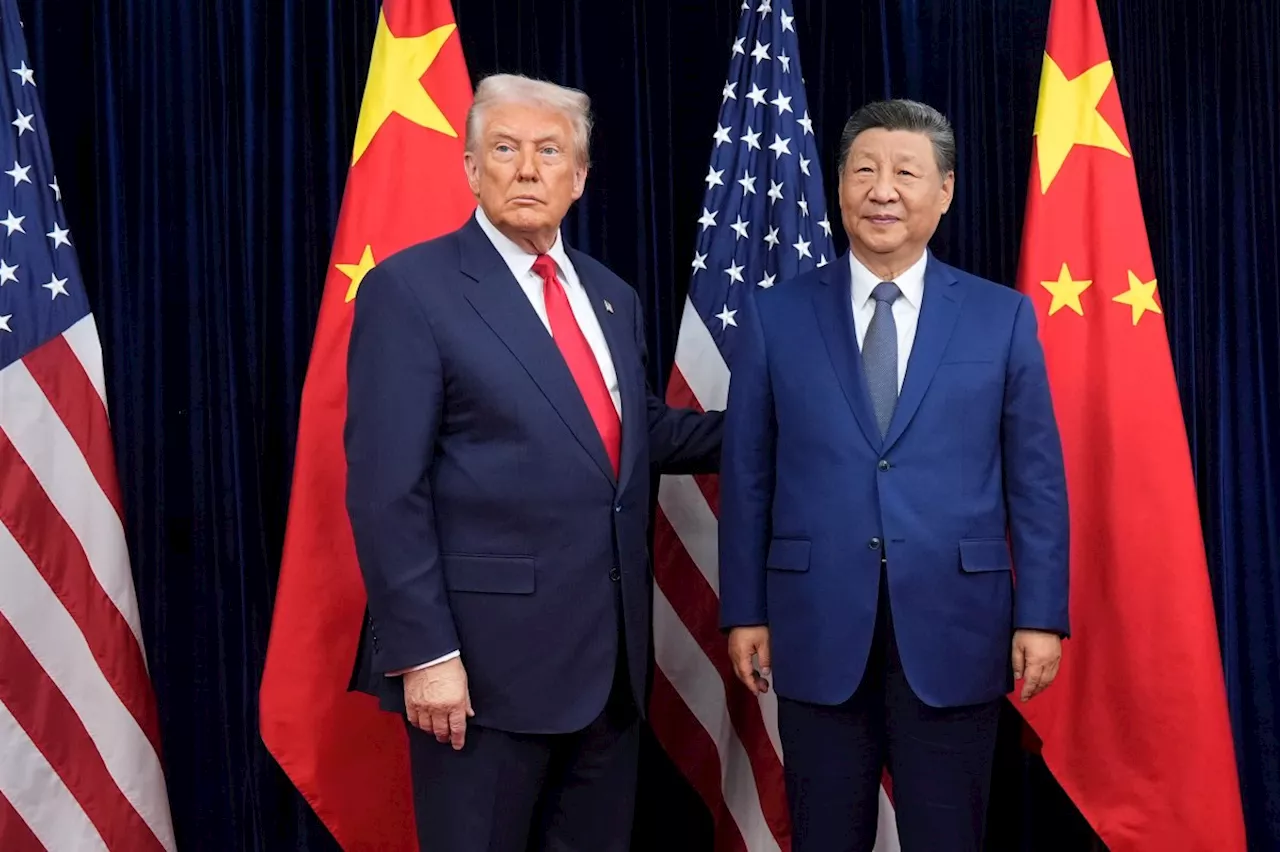
Senate Majority Leader John Thune and several Republican senators have firmly rejected President Donald Trump‘s request to eliminate the filibuster, a parliamentary procedure that safeguards minority rights in the Senate. This decision comes amid a prolonged government shutdown, which has been increasingly unpopular among voters, prompting Trump to seek a swift resolution without engaging Democratic lawmakers.
The filibuster, a practice rooted in the Senate since its inception in 1789, allows members to extend debate and delay votes on legislation. Thune and his colleagues recognize the importance of this mechanism, which has persisted through both Democratic and Republican administrations. The response from Thune reflects a significant pushback against Trump’s influence within the party, which has often been characterized by unwavering loyalty to the former president.
Trump’s urgency stems from the mounting public dissatisfaction regarding the ongoing shutdown. He aims to expedite the reopening of the government without bipartisan cooperation. Yet, Thune’s stance suggests a growing awareness among Republican lawmakers that capitulating to Trump’s demands could undermine the Senate’s foundational principles.
Historic Context and Political Implications
The filibuster has remained intact through various political landscapes, despite attempts to undermine it. Thune’s position highlights a contrast to the actions taken in 2013 by former Senate Majority Leader Harry Reid, who removed the 60-vote requirement for presidential nominations. This decision paved the way for a judiciary filled with lifetime appointees selected by Trump, such as Matthew Kacsmaryk and Emil Bove, raising concerns about their qualifications and political motivations.
Thune’s decision to maintain the filibuster comes at a crucial time, particularly as the Republican Party braces for potential challenges in the upcoming midterm elections. With public sentiment shifting, there is a realization among party members that preserving safeguards against unilateral changes to Senate rules is essential. As Trump continues to push for greater control, the ramifications of altering these longstanding procedures could be extensive.
Furthermore, Thune is expected to oppose Trump’s push to eliminate the blue slip process, which allows senators to approve or block judicial nominations from their home states. The blue slip serves as a critical check on executive power, and its removal could facilitate the appointment of unqualified candidates, potentially politicizing the judiciary further.
The current political climate reflects a delicate balance of power within the Senate, where the filibuster serves as a barrier against the erosion of minority rights. As the Republican Party navigates the complexities of Trump’s legacy, maintaining this procedural rule may prove vital in upholding democratic principles within the legislative process.
Thune’s leadership during this period demonstrates a commitment to preserving the Senate’s traditions while recognizing the need for political pragmatism. The future of the filibuster remains a pivotal issue as the Senate approaches a new era of governance, one that must consider the implications of both past decisions and current pressures.







